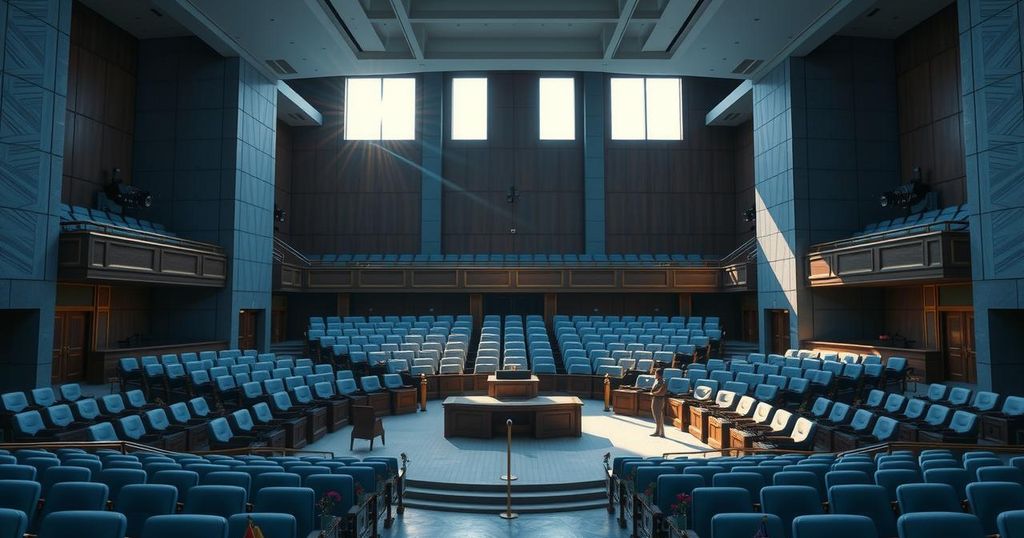Brazil’s Senate Approves New Rules on Court-Ordered Debt Payments

- Brazil’s Senate has approved a constitutional amendment on court-ordered debt.
- This amendment will change how the government accounts for such debts starting in 2027.
- The inclusion of court-ordered debts in fiscal targets may aid Brazil’s financial goals.
Senate Takes First Step in Overhauling Court Debt Management
Senators in Brazil’s upper house have, on Wednesday, made a significant move by approving a vital constitutional amendment that affects court-ordered debt. This vote marks the beginning of a shift in how the Brazilian government manages and accounts for these debts, which are often the result of legal rulings against the government. Should this measure pass the second round of voting, it could pave the way for more manageable fiscal targets starting in 2027.
Fiscal Target Adjustments Set for 2027 Implementation
The amendment’s primary focus is to ensure that court-ordered debt payments are factored into fiscal targets moving forward. Specifically, the approved text mandates that beginning in 2027, the government must gradually incorporate these payments into its annual fiscal calculations. To kick off this change, at least 10% of the total estimated court-ordered debt will be included in the calculations each year, which could be a critical development for Brazil’s financial outlook.
Next Steps for Legislation: Awaiting Final Approval
While this initial vote by the Senate is a promising development, it is crucial to note that a second vote is still necessary before this amendment can be enacted into law. The lower house had already approved the measure, signaling support for this new approach to manage fiscal targets associated with court-ordered debts. If fully realized, this change could significantly influence the government’s ability to meet financial goals that were previously seen as difficult to achieve.
In conclusion, Brazil’s Senate has taken a noteworthy first step towards revising the management of court-ordered debt payments through a newly approved constitutional amendment. With a second vote on the horizon, the government anticipates a gradual integration of these payments into its annual fiscal calculations, commencing in 2027. This development marks a potential shift in Brazil’s financial equilibrium, possibly allowing for more realistic fiscal targets going forward.








